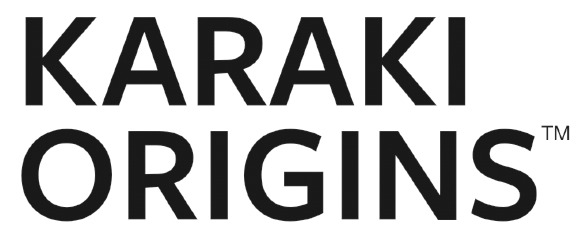Protiii : Protein Roti Atta
High Bioavailability: Superior absorption for enhanced muscle protein synthesis
Amino Acid Profile: Balanced essential amino acids for joint repair and growth
Low Glycemic Index: Sustained energy release and stable blood sugar levels
Functional Fiber: Supports digestive health and nutrient absorption
Protiii - Protein Roti Atta is a nutritious, high-protein wheat flour perfect for making roti and other staple foods. Enriched with essential proteins, it supports a balanced diet and promotes muscle health. Ideal for daily use, Protiii ensures your meals are both delicious and wholesome. Enjoy the benefits of added protein in every bite, making it a smart choice for health-conscious people.
Protiii - Protein Roti Atta
FAQS
What is the content of each Pack?
- Each Pack is of 675g
- 15 servings
- Key Ingredients- Proprietary Vegetable Protein Isolate, Veg Collagen Peptide
What is the protein content is there in each scoop?
- Each scoop has 28 gm Protein and 6000mg Collagen Peptide
How do I make it?
- Take 200 ml of milk in a bottle or shaker.
- Put 1 scoop in the milk.
- Shake the bottle or shaker for 20 seconds. Your smoothie is ready on the go.
Do I need to add anything to make the Smoothie?
No, everything is added in the Smoothie mix. Just add milk, shake it and Smoothie is ready.
I am lactose intolerant. How can I consume the smoothie without milk?
No worries, you can replace milk with almond milk, soy milk, rice milk, oat milk.
Can I have it with water?
Yes you can have it with water, but we recommend you to have it with milk to get the best smoothie taste.
How much protein content is there?
Each Scoop contains
- 28 gm of Protein
- 5.3 gm BCAA
- 3 gm of Collagen
Can I have it as a meal replacement?
Yes! Our Smoothie Mixes have all ingredients which provide you with a highly nutritious meal.
Which Protein is used?
We have used plant based Pea protein which is helpful for easy digestion.
How much protein should I consume daily?
The recommended daily intake of protein varies depending on factors such as age, sex, activity level, and overall health. On average, adults should aim for about 0.8 to 1.0 grams of protein per kilogram of body weight. Athletes and people with specific dietary needs may require more.
Each Scoop contains28 gm of Protein5.3 gm BCAA3 gm of Collagen
Proteins are essential macronutrients that serve a wide range of critical functions in the body. They are the building blocks of cells, tissues, and organs, and they play a key role in various biological processes. Consuming protein daily ensures that your body has a constant supply of these vital nutrients to maintain overall health.
What happens if I don't get enough protein daily?
A lack of protein in your diet can lead to a range of health issues, including muscle loss, weakened immune system, slower wound healing, hair and nail problems, and fatigue. Protein deficiency can also affect the health of your skin, organs, and overall bodily functions.
Can I get all the protein I need from food alone?
Yes, you can obtain your daily protein requirements from a balanced diet that includes sources like meat, poultry, fish, dairy products, eggs, legumes, nuts, and seeds. However, some people may choose to supplement their protein intake with protein shakes or bars, especially if they have specific dietary restrictions or fitness goals.
Is it true that protein can help with weight loss?
Yes, protein can be beneficial for weight loss. It promotes feelings of fullness, helps maintain lean muscle mass, and has a higher thermic effect (burns more calories during digestion) compared to fats and carbohydrates. Including protein in your diet can support your weight management goals.
Can vegetarians and vegans meet their protein needs without animal products?
Yes, vegetarians and vegans can meet their protein needs through plant-based sources such as tofu, tempeh, legumes, nuts, seeds, and whole grains. It may require a bit more planning, but a well-balanced vegetarian or vegan diet can provide all the necessary protein.
Are there specific protein requirements for children, pregnant women, or older adults?
Yes, these groups may have different protein needs. Children and adolescents need protein for growth, pregnant and breastfeeding women need extra protein to support fetal development, and older adults may require more to prevent muscle loss associated with aging.
Are there specific protein requirements for children, pregnant women, or older adults?
Yes, these groups may have different protein needs. Children and adolescents need protein for growth, pregnant and breastfeeding women need extra protein to support fetal development, and older adults may require more to prevent muscle loss associated with aging.
How does pea protein compare to other plant-based protein sources like soy or rice protein?
Pea protein is similar in quality to other plant-based proteins like soy and rice. However, it has the advantage of being allergen-friendly and less likely to cause digestive discomfort in some individuals.























